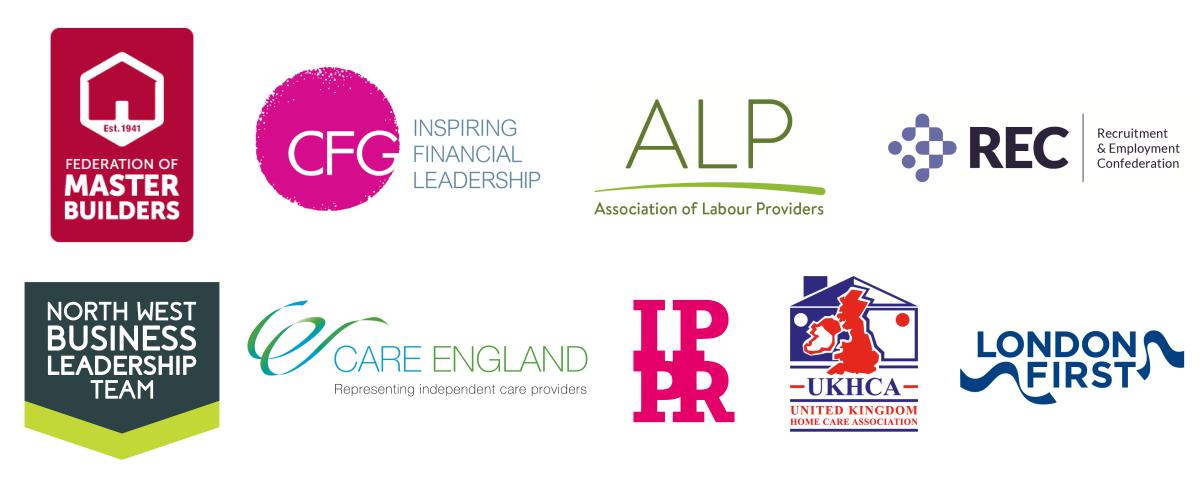Immigration policy statement
Article
Today we are two months' away from one of the greatest changes in immigration policy in a generation. This change comes at a time when the coronavirus pandemic has struck a major blow to our economy and many businesses are under unprecedented strain. We therefore believe it is vital that the new points-based immigration system helps business to kickstart the economic recovery next year, spurring productivity and creating new jobs in the process.
We welcome many of the government's reforms to the immigration system next year, including the lowering of the skills threshold for the skilled worker route and the streamlining of the sponsorship system. But to fully support the economic recovery and the country's public health response to the pandemic, we believe the reforms need to go further.
In a new report out this week, the independent think tank IPPR has found that nearly two thirds of EU employees in the UK would not be eligible for the skilled worker route if it were to apply to them. Many sectors like construction, food and drink manufacturing, social care and hospitality will struggle to recruit from abroad under the new system. And while businesses will be prioritising the recruitment of unemployed UK workers, it will inevitably take time to retrain workers to address skills shortages. We therefore need action now in the interim to support our economy to get back to full strength.
That is why we are calling for the following changes to the immigration rules, in line with IPPR recommendations:
- Extending the shortage occupation list to allow for the inclusion of jobs at all skill levels, reflecting the fact that skills shortages can exist in any part of the labour market.
- Following the Migration Advisory Committee's advice to immediately add new occupations to the shortage occupation list in time for the introduction of the new system, in order to address existing skills shortages in sectors critical to the pandemic response.
- Reducing the salary threshold of £25,600 to the living wage (i.e. £19,344 annual salary for a 40 hour week), which will bring the immigration system in line with labour market needs while preventing undercutting.
- Exempting employers from the immigration skills charge if they can demonstrate to the Home Office that they are investing in skills and training, in order to reward employers who are training up the next generation of workers.
We believe these changes will be vital for supporting the government's efforts to 'build back better' and to get our economy back to full strength in the wake of the pandemic.
Brian Berry, Chief Executive, Federation of Master Builders
Caron Bradshaw, Chief Executive, Charity Finance Group
David Camp, Chief Executive, Association of Labour Providers
Neil Carberry, Chief Executive, Recruitment and Employment Confederation
Emma Degg, Chief Executive, North West Business Leadership Team
Professor Martin Green OBE, Chief Executive, Care England
Marley Morris, Associate Director for Immigration, Trade and EU Relations, Institute for Public Policy Research
Dr Jane Townson, Chief Executive, United Kingdom Homecare Association (UKHCA)
Jasmine Whitbread, Chief Executive, London First

Related items

Will technology reduce the cost of delivering public services?
This is the third in a series of blogs related to IPPR Scotland’s project on ‘Employment, Productivity and Reform in the Scottish Public Sector’ funded by the Robertson Trust.
The full-speed economy: Does running a hotter economy benefit workers?
How a slightly hotter economy might be able to boost future growth.
Making the most of it: Unitarisation, hyperlocal democratic renewal and community empowerment
Local government reorganisation need not result in a weakening of democracy at the local level.